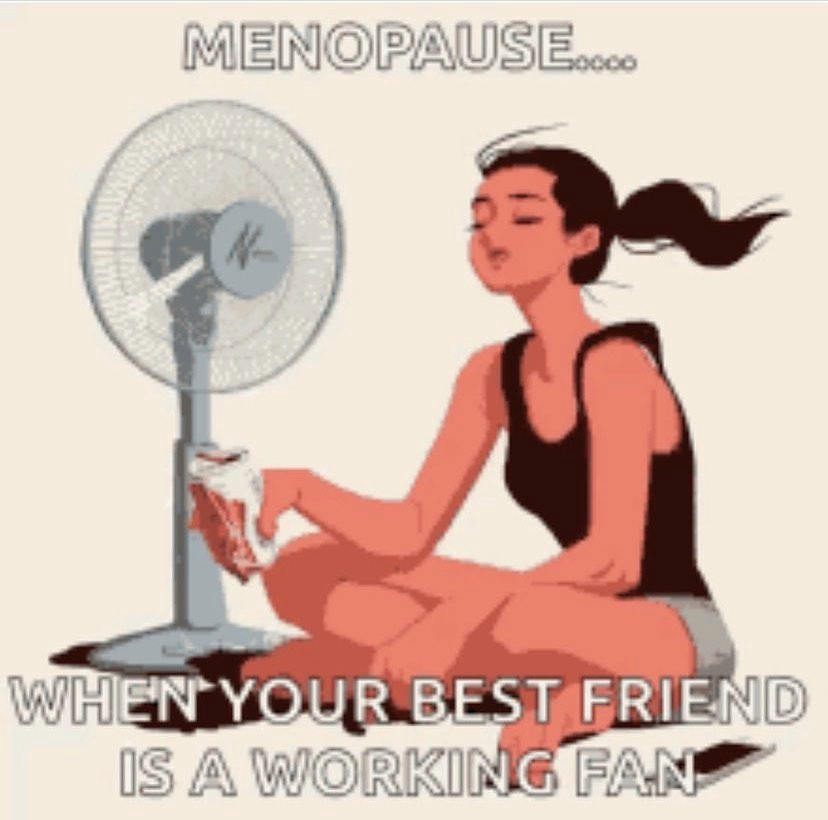There are so many symptoms of menopause and while we may not know exactly how many there are, we do know that some are more common than others. Let’s discuss one of the more common symptom of peri menopause and menopause.
HOT FLASHES
Hot Flashes are one of the most common symptom of menopause. More than 70% of women in peri menopause experiences hot flashes. A hot flash is a quick surge of heat and sweat that floods your body leaving you hot, wet, and uncomfortable. Your heart rate may increase and you may experience anxiety. Every woman is different so we will all experience hot flashes differently.
A hot flash can last from 30 seconds to as much as 10 minutes. You may experience one hot flash a day or numerous hot flashes. Some women never experience hot flashes while other women may have 20 to 30 hot flashes per day. Some women will experience hot flashes well into their 60s, 70s, 80s.
Hot flashes can disrupt your life as you know it. Can prevent you from being able to manage your career and restrict your social life. Research have shown that African American and Hispanic women have hot flashes for more years and more frequently than White and Asian women.
Some ways to help your hot flashes is to first find out what your triggers are and manage them. Keep a journal to not only keep track of your symptoms of but also because journalling is therapeutic and one of the ways you can alleviate your menopausal symptoms. Avoid alcohol, spicy foods and caffeine. Quit smoking if your smoke. try to maintain a healthy weight, women who are overweight may experience more severe hot flashes. Dress in layers so you can easily remove clothing when your hot flashes starts.
Diet is very important at any stage of life and especially important during menopause. What you eat can greatly affect how you experience your menopausal symptoms. Some foods are known as cooling foods. Foods such as bananas, apples, spinach, broccoli, and green tea. Eat dark leafy vegetables, like kale which are rich in antioxidants. Try bell peppers, eggplant, and bright hued fruits like mangoes, cherries and berries which also are high in antioxidants.
Night Sweats
When a hot flash happens at night it is call Night Sweats. With night sweats you may find yourself waking up drenched in sweat or damp. To help with your night sweats keep your bedroom cool, wear layers and light weight breathable clothing, choose lightweight bedding, and limit stress. Physical activity just before bed may contribute to heavy sweating. No caffeine and no alcohol close to bed.
